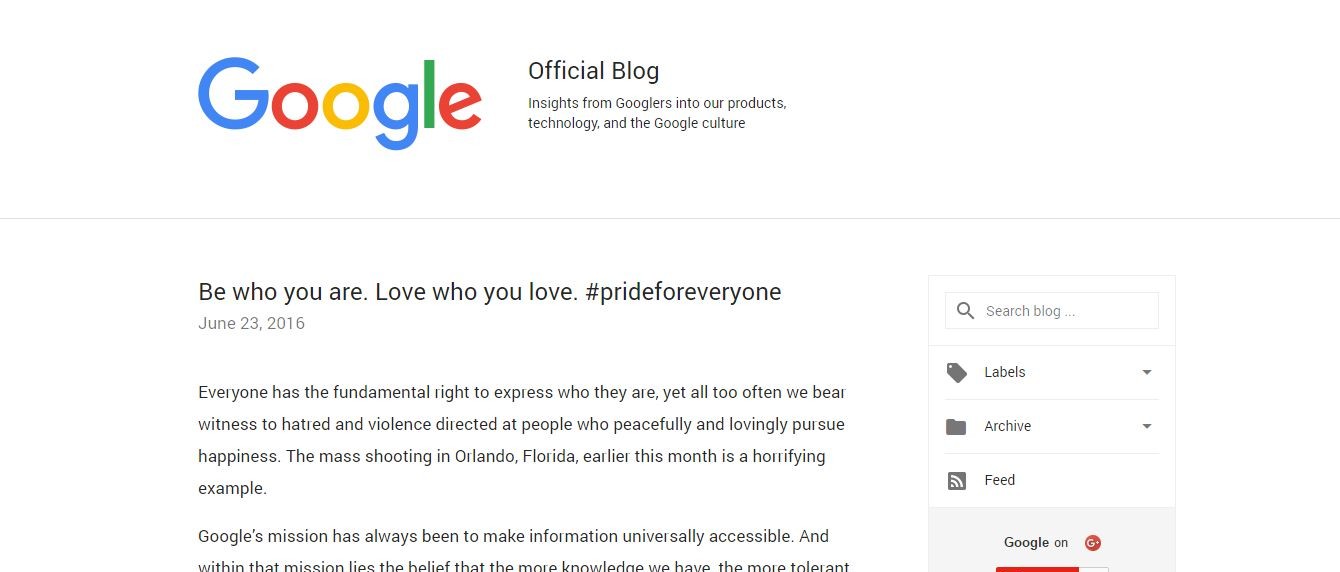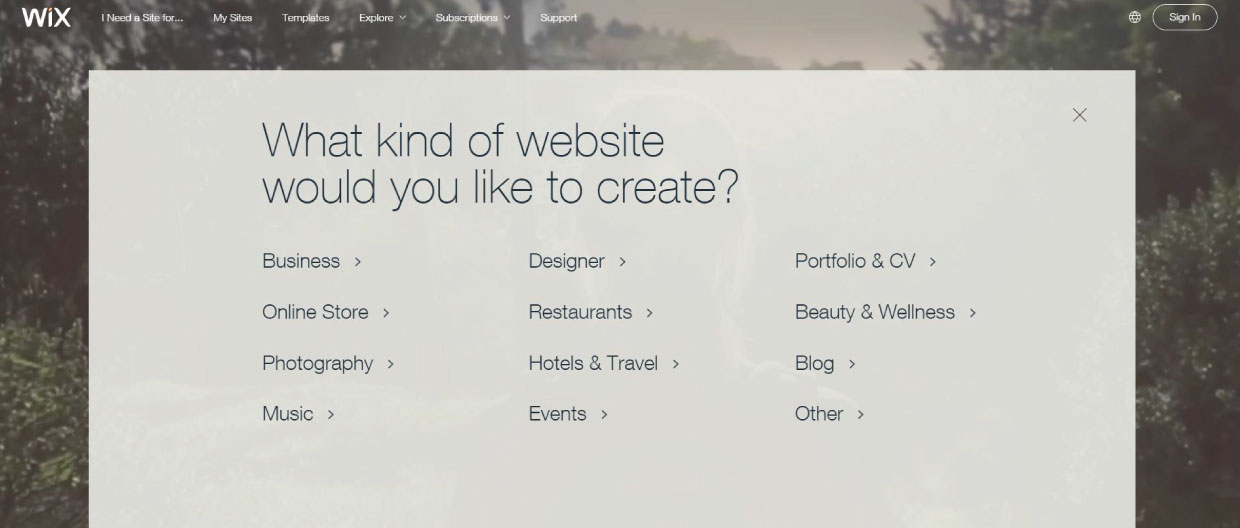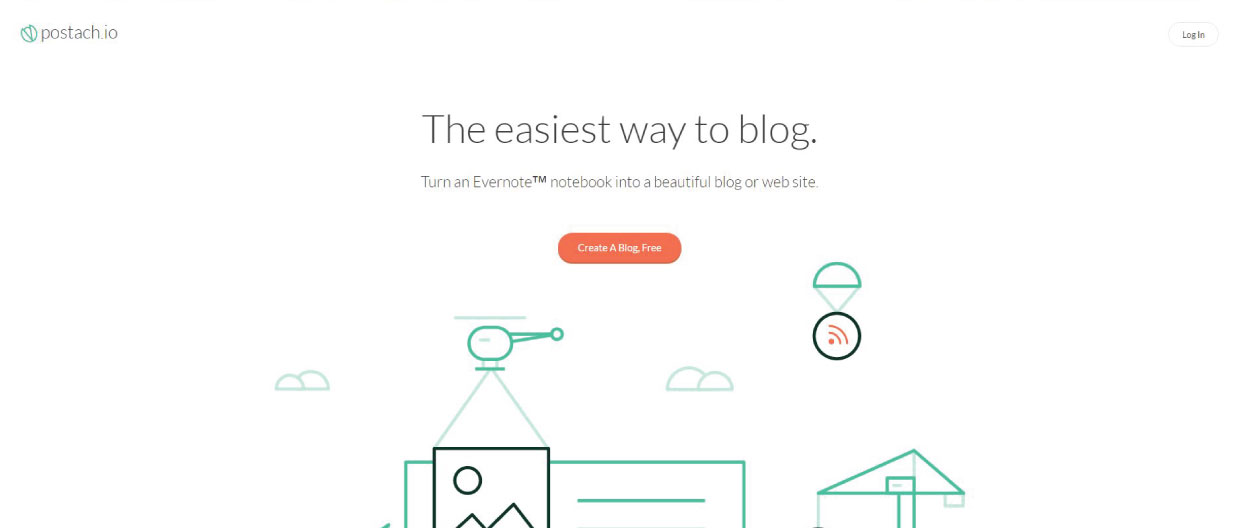The 9 Best Blogging Platforms to Host Your Business Content


A few years ago, blogging for business was quite unheard of. Putting your thoughts online was more of a personal thing, an online diary of sorts. Then came posting content for online businesses who want to score higher in search engine rankings. Hence, the low quality, keyword-stuffed text that is more a word salad than actual content.
Today, evolution in search engine algorithms as well as the changing consumer behavior prompted businesses to delve into the world of blogging. Time spent by marketers on social media activities is continually increasing. Thanks to us, the once cold corporate entities have been given an online life of their own through company websites and even company blogs.
So you’re a marketer or the business owner deciding where you should post your business content. You probably don’t know what HTML or CSS stands for. What you do know is that your blog needs to look professional and at the same time be accessible to existing customers and potential ones.
I’ve got you covered.
I’ve compiled a list of the best blogging platforms that are newbie-friendly. Most of these platforms are free and do not require technical expertise to build a website. These websites also come with their own communities who will be glad to read your content as well as help you if you have problems building your site.
Here are the 9 best blogging platforms you can use to host your business website and content.
1. WordPress

We’ve been using WordPress for five years already and it’s definitely the best blogging platform currently on the internet. There are actually two WordPress sites: .org and .com. On WordPress.com, your blog will be hosted in their servers for free. In WordPress.org, you will need to pay for web hosting, but you would have your own domain name (as opposed to a subdomain).
Most of the blogs in the web use the WordPress platform because of its ease for set up and customizability. With WordPress, there is no shortage of custom themes and plug-ins that you can use to personalize your blogging experience. Also, it’s native analytics feature can help you monitor which content is doing well.
2. Blogger

Blogger is one of the pioneers of the blogging industry. It is owned by Google and thus has great support from the community. Blogger also offers free blog hosting but similar to WordPress, you can remove the .blogspot extension by paying for it.
The design options for Blogger are not as extensive as WordPress but you can edit HTML and CSS if you choose to study some. It also has a variety of extensions that you can use to customize your blog. What I do like best about Blogger is its direct connection to Google, which means Analytics and Adsense.
3. Tumblr

Tumblr does have a dodgy reputation nowadays. The Tumblr stereotype of teenagers, social justice warriors, and PC culture is propagated in the internet but that should not deter you from using it. It is still one of the best blogging platforms in my opinion.
In terms of its usability, Tumblr offers customization albeit less professional and probably not ideal to average businesses. There is ease in reblogging your posts so getting viral is easy. It is a visial community though. Its interface is great for photography, art, and design-related industries.
4. Medium

Medium is one of the more recent blogging platforms for content, built in 2012 when blogging was a growing industry. What sets it apart from your average blog site is its emphasis on design and typography.
The reading ease of Medium is more appropriate for longer, analytical, and story-driven content. Even founders of big companies use the site to publish their ideas, introduce their plans, and send their press releases. As far as website customizability, it is definitely inferior compared to the previous sites mentioned.
5. SquareSpace

You’ve probably heard of SquareSpace due to their impressive marketing strategy partnering with content creators to promote their site. And for a good reason. Probably the most amazing feature of SquareSpace is their website builder’s layout feature. Drag, drop and resize elements of your website with their grid system (hence the name) to get a perfectly aligned layout. This ease in building up the site makes it user friendly to less tech-savvy users.
Sadly, SquareSpace is a premium blogging platform. It isn’t free, but it does have a free trial. The price is very much worth it. There’s 24/7 support as well as auto publishing features directly into your social media accounts.
6. Wix

Wix is a simple website builder that is also free to use. It’s so simple, even Kung Fu Panda’s Po can use it. The only catch is the premium features which are, in my opinion, quite necessary to host business websites. The basic package does give you a text editor, as well as free templates. If you want to build a basic website, then wix is definitely a good choice with its drag and drop features. Don’t expect much though. The pricing scheme is definitely off-putting but investing is worth it.
7. Hubpages

Hubpages has been around since 2006 and has since carved a special niche in the blogging industry. There are thousands of articles called hubs covering almost anything. It is intended to be a site for informative articles. This makes it a good platform to host informative and even technical content. Experts from different industries who are knowledgeable about their craft can post easily with their reader-friendly format.
8. Postach.io

The site is one of the newer entries in my best blogging platforms list, having been founded in 2013. Postach.io is actually owned by Evernote, an app designed for note taking and organizing which you can use across devices. Thus, it is easy to integrate your Evernote with Postach.io. If you’re already using Evernote, I highly recommend using the site.
Postach.io is a freemium site so it only allows one account to be used for free. It also has support for Disqus and Google Analytics but not much else. Don’t expect extensive customization as the themes are only available for paying users.
9. Facebook Notes

This is probably the wildcard entry in the list but hear me out. Facebook Notes is a good place to start publishing your own business content. Just recently, Facebook overhauled the look of its Notes app to look more modern, with focus on images and typography. That old HTML relic of the past is replaced by ease in writing and editing, similar to Medium. If you have a sizable Facebook audience already, this is definitely very useful for posting your content.
Are you using a website from my best blogging platforms list? How’s your experience? Comment your thoughts below.



